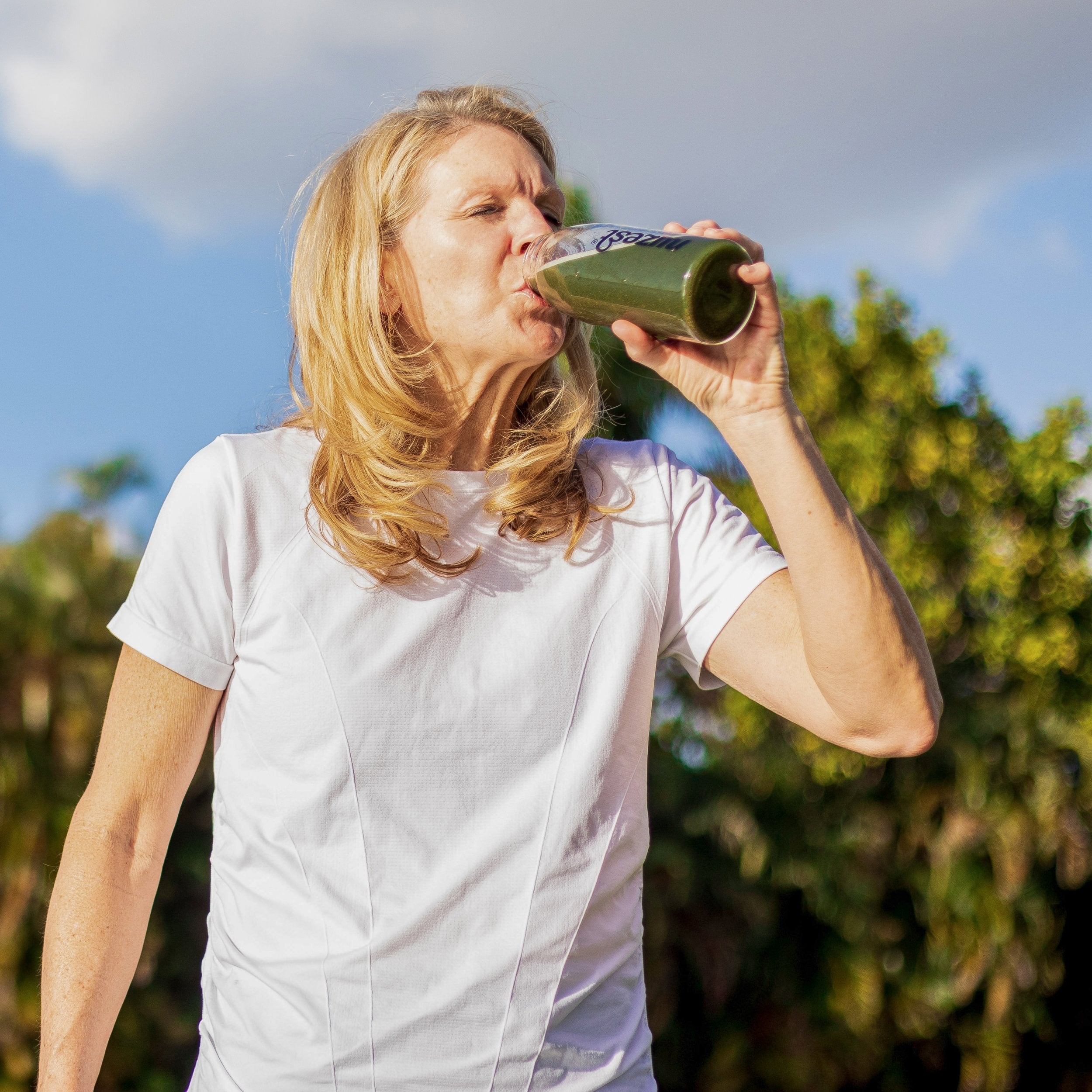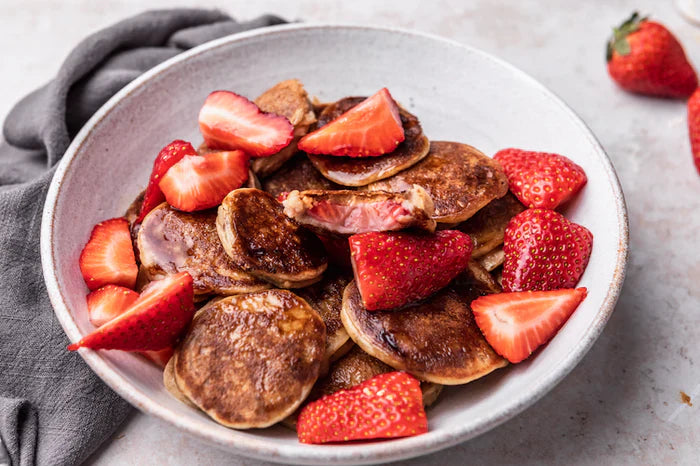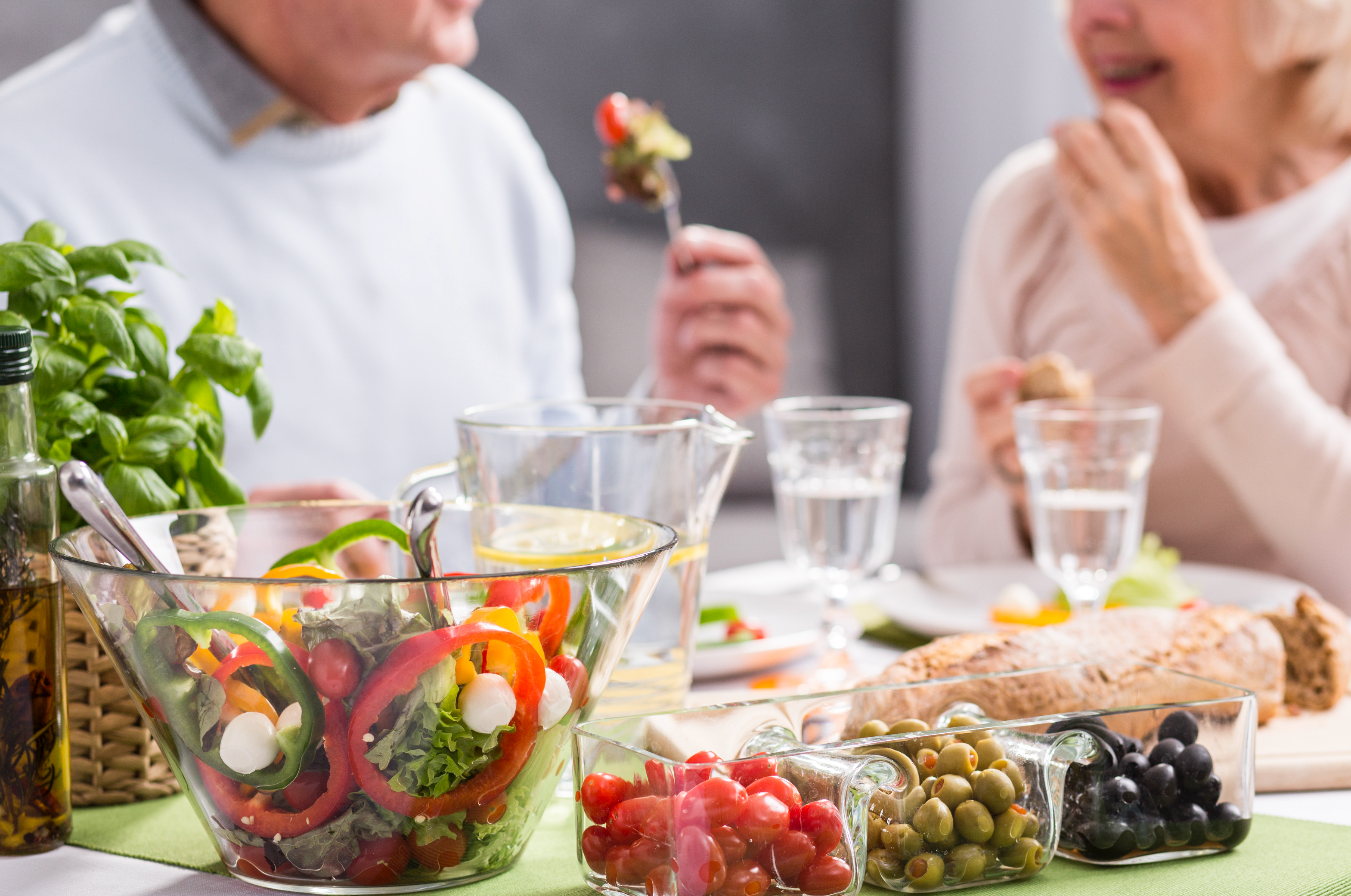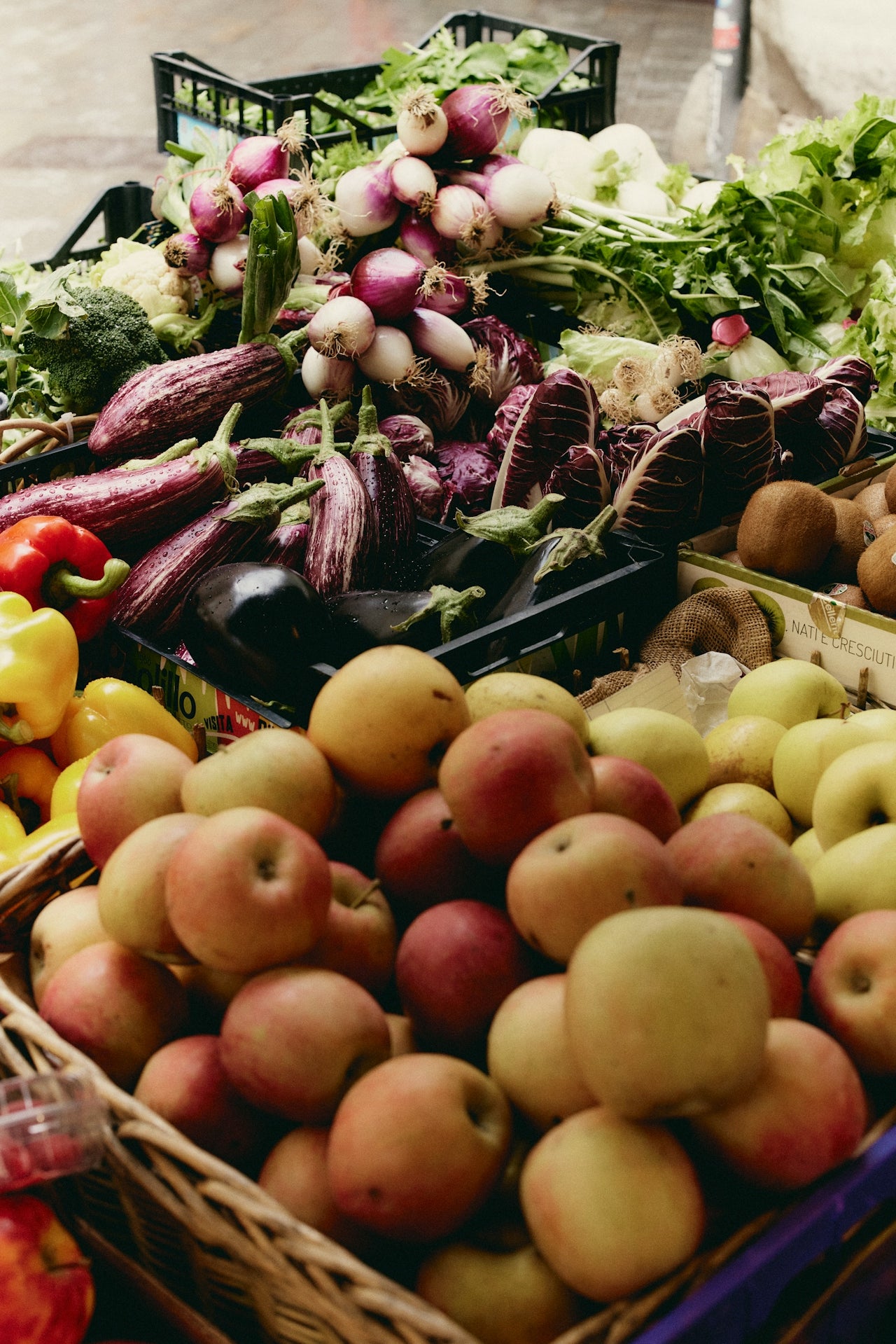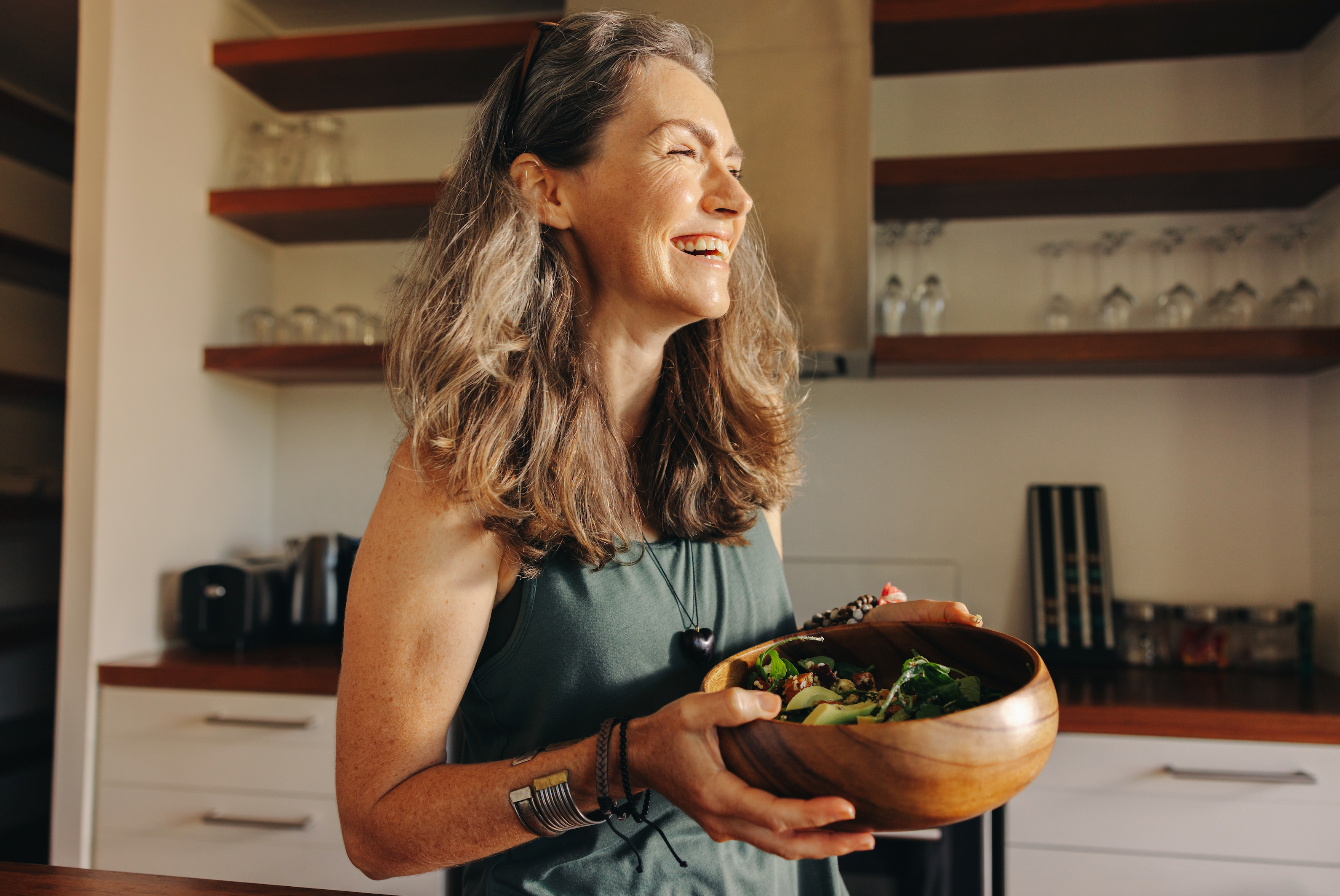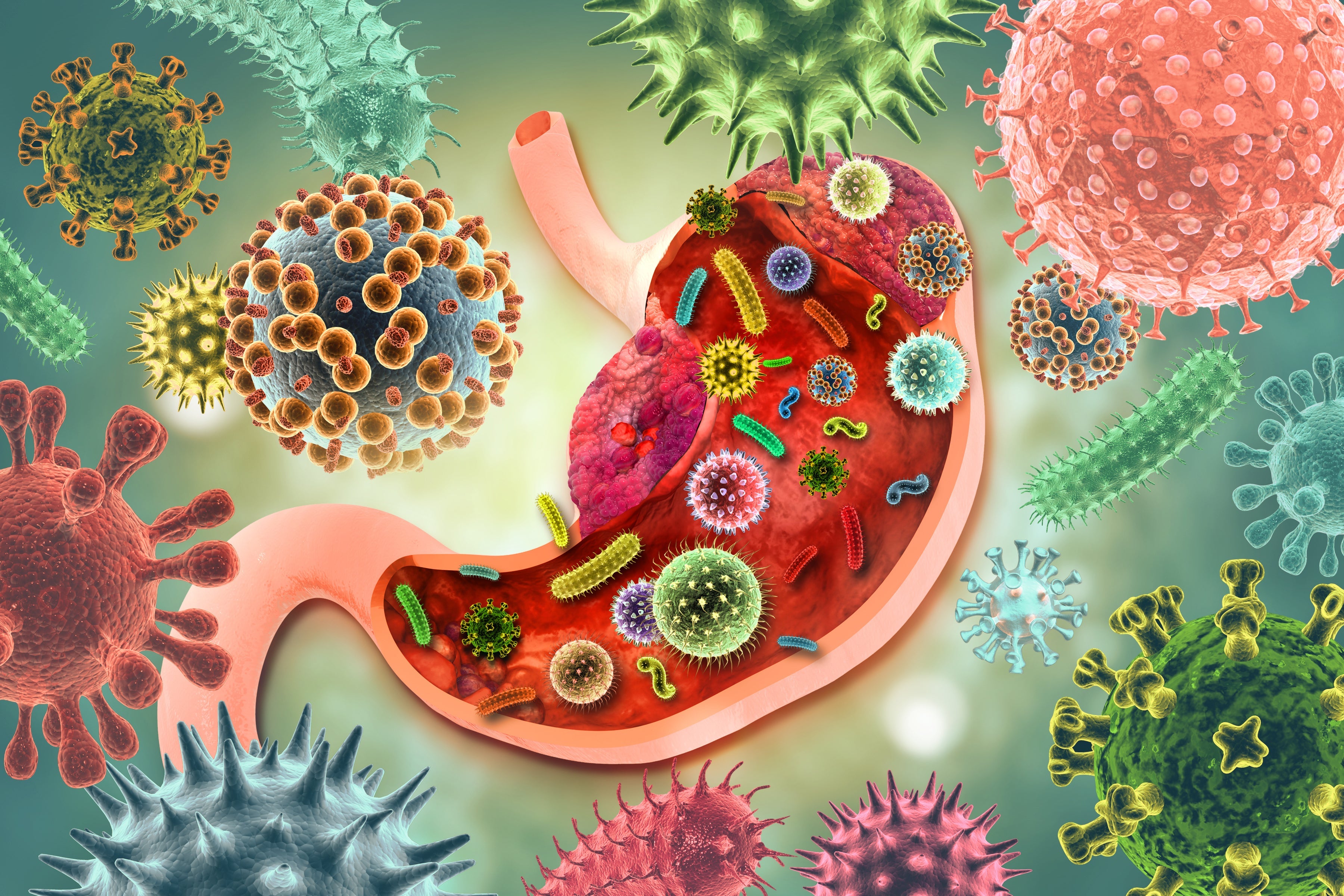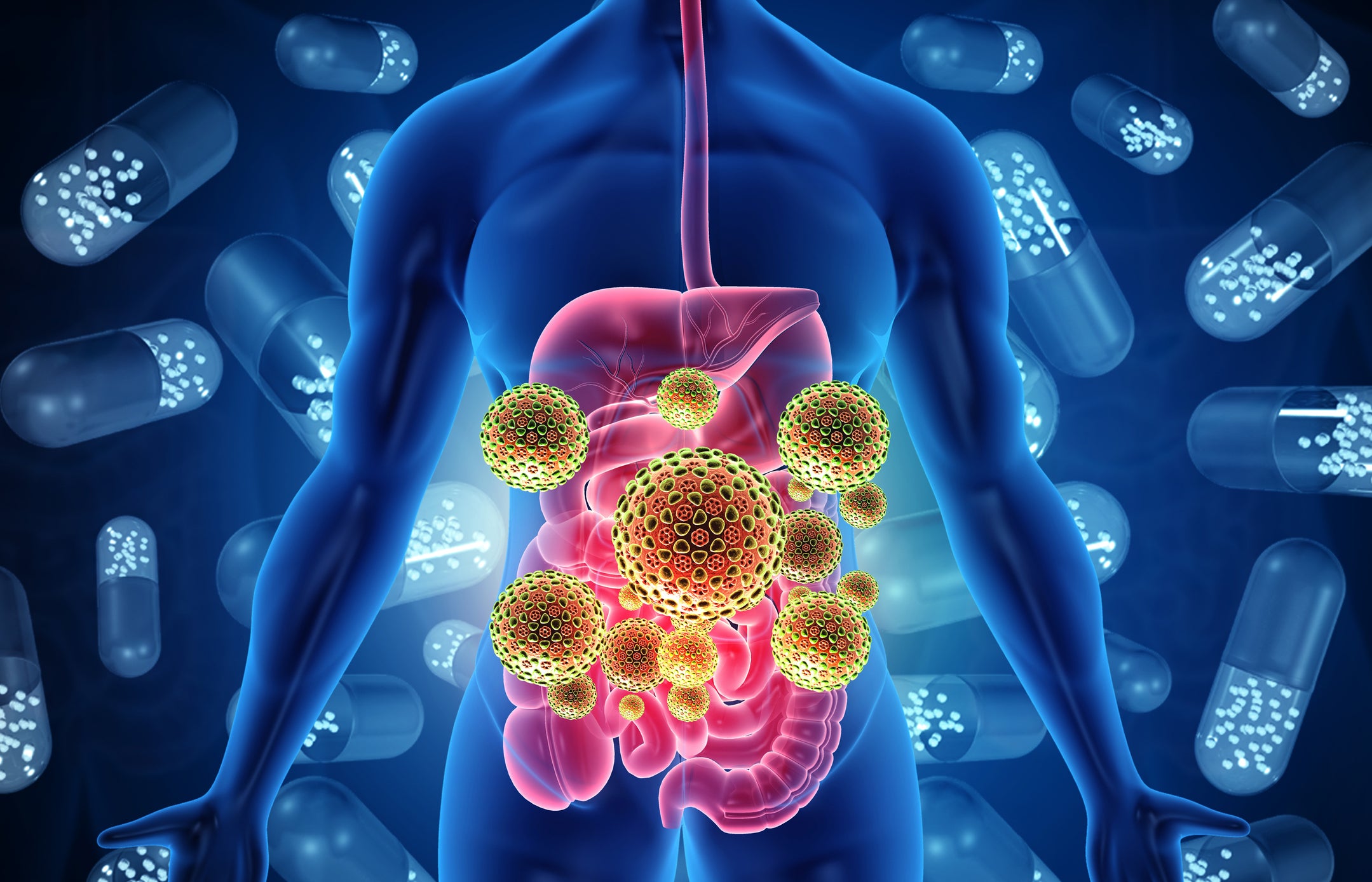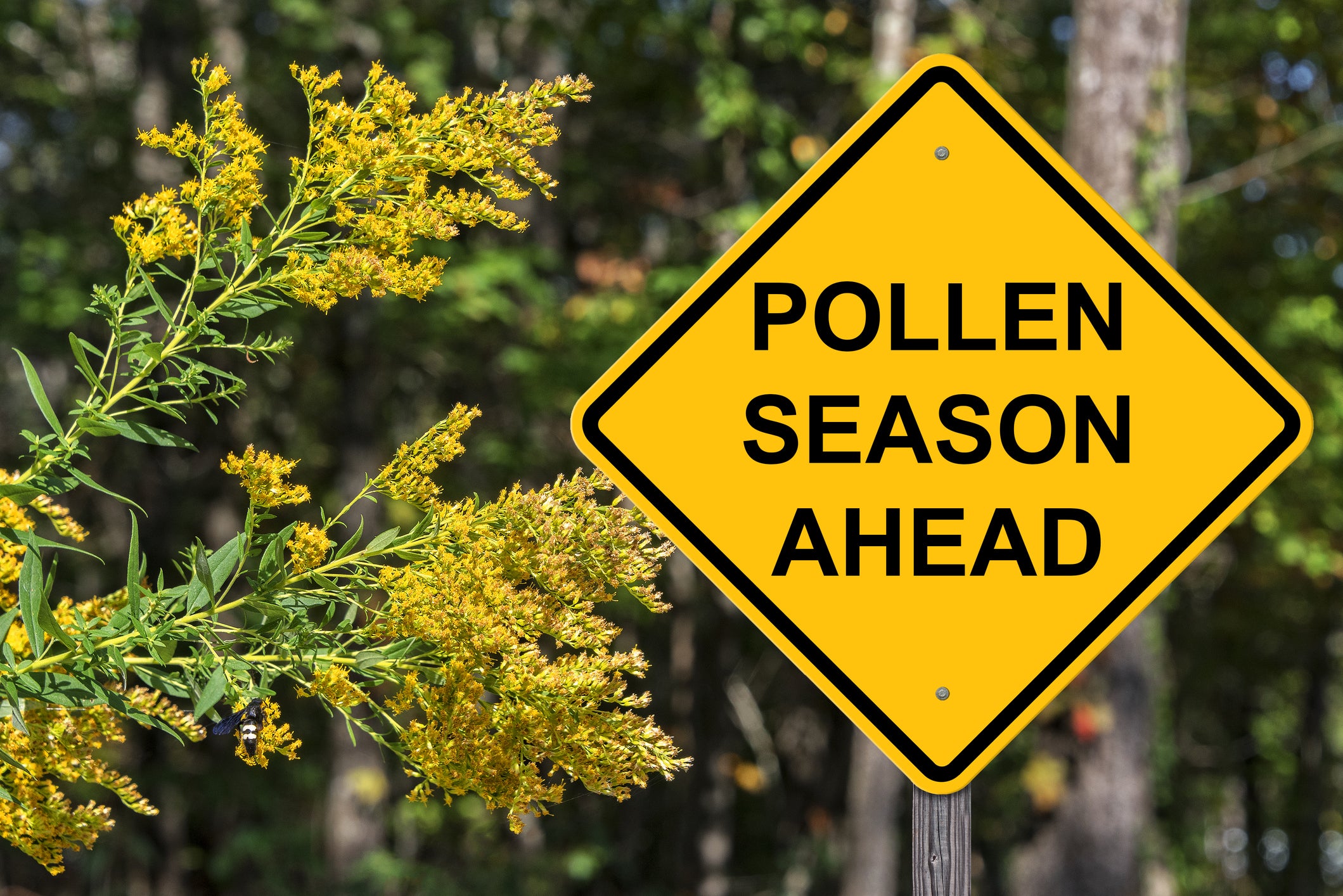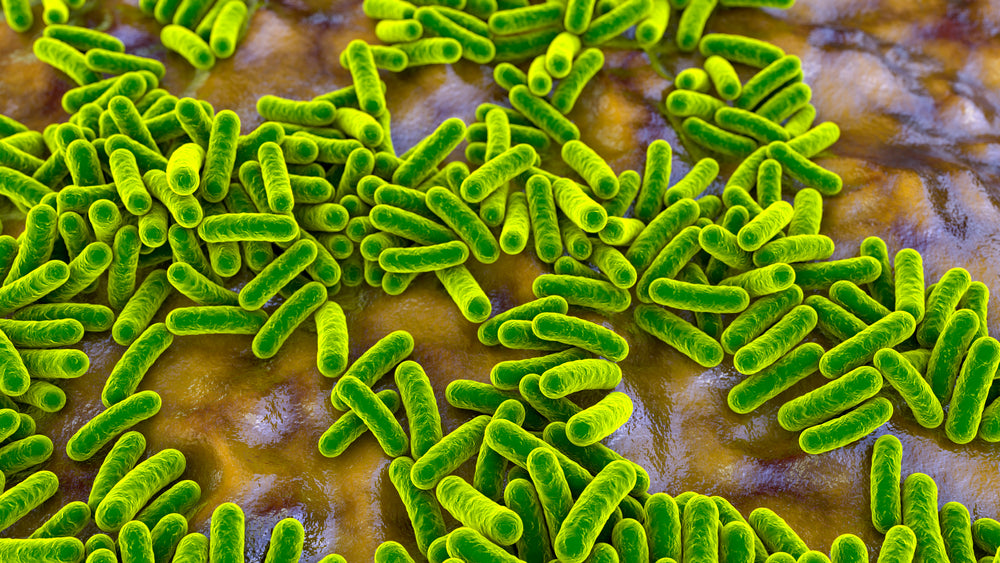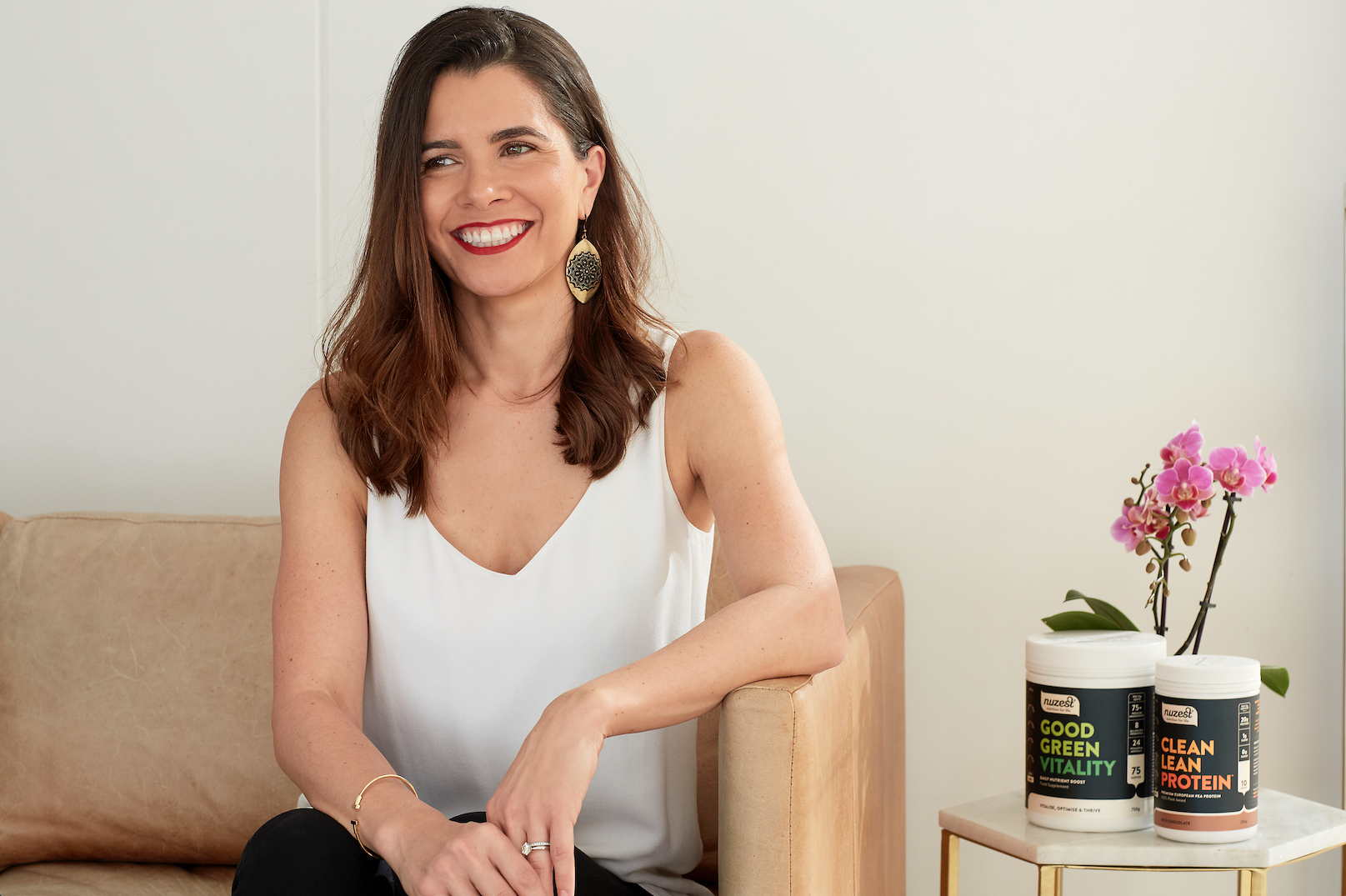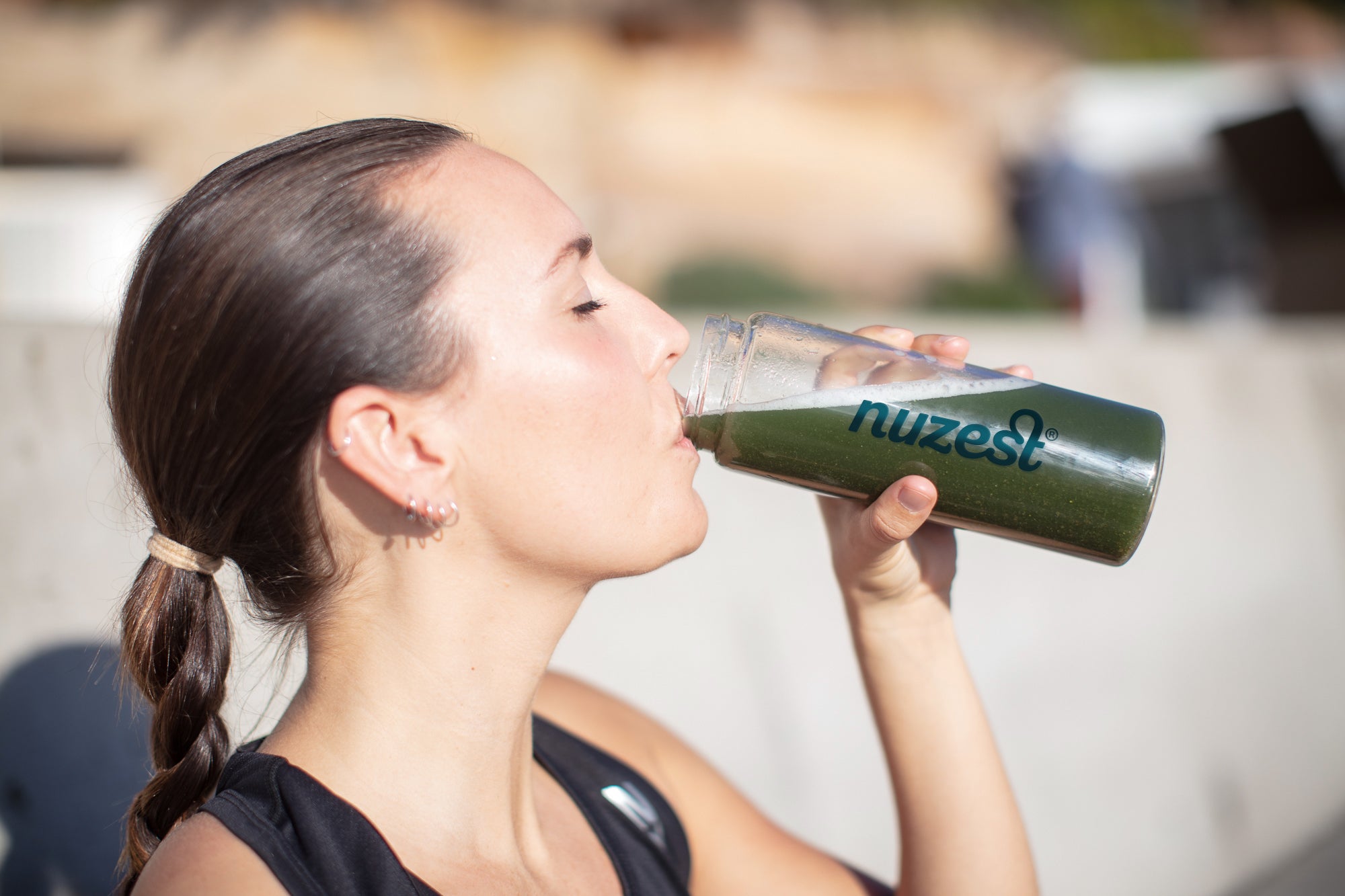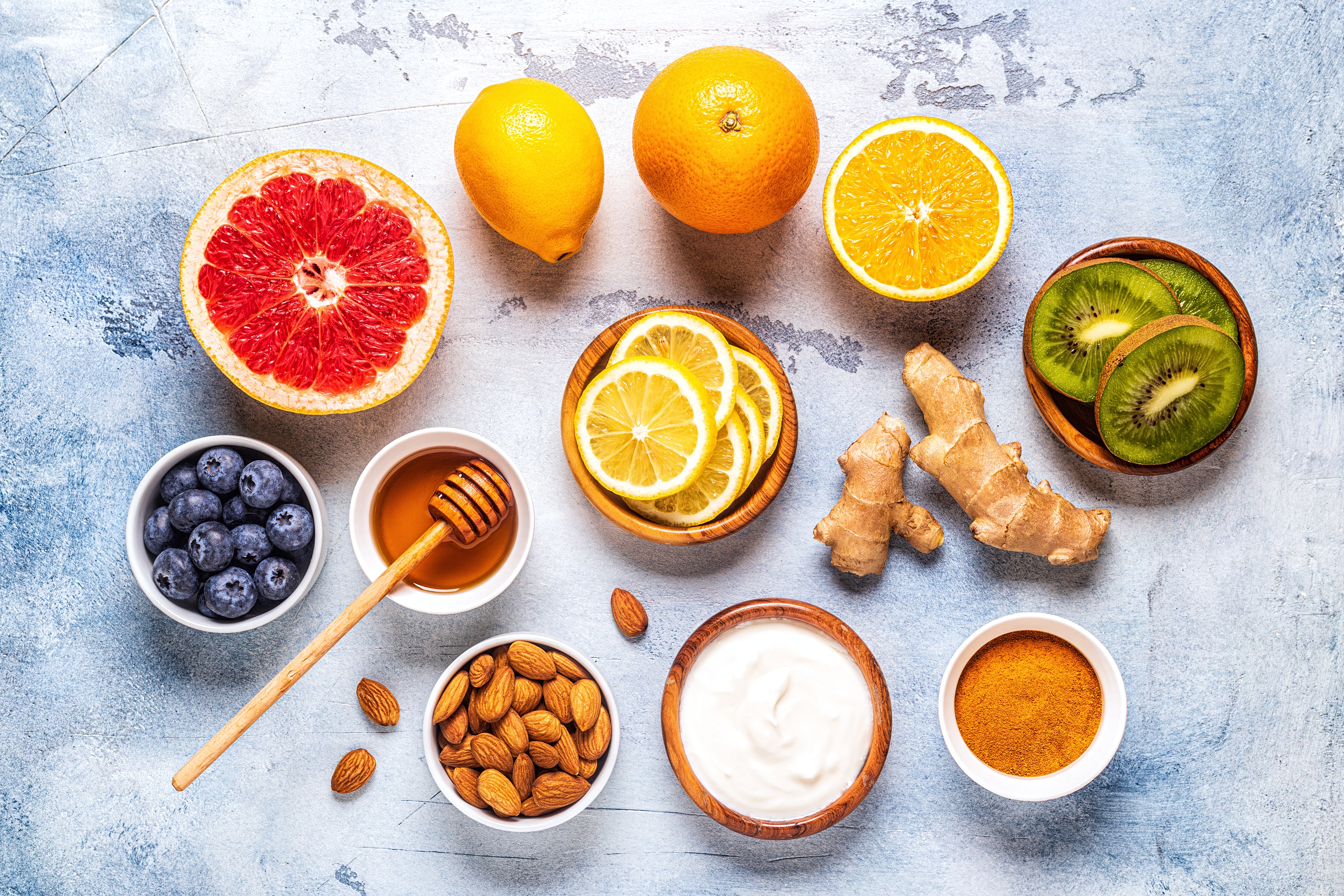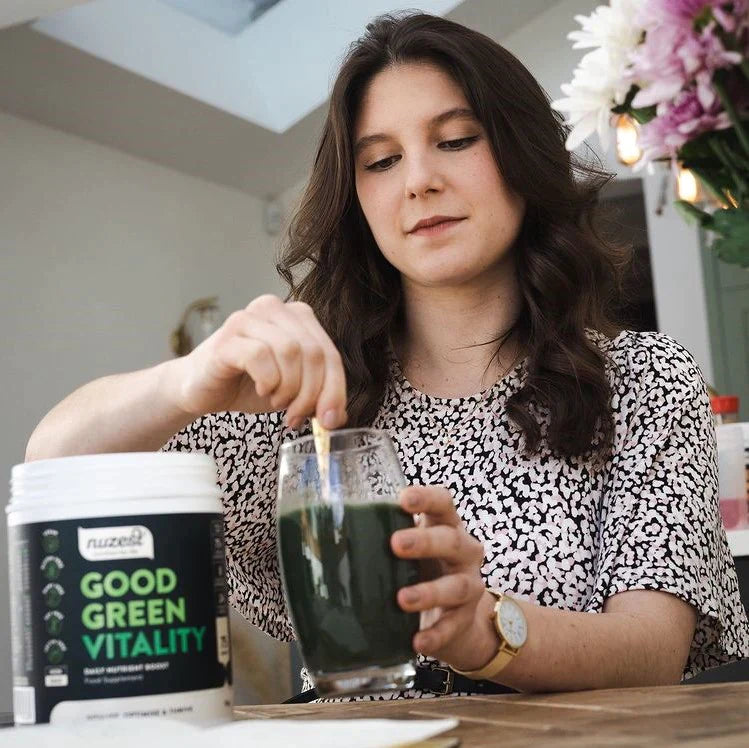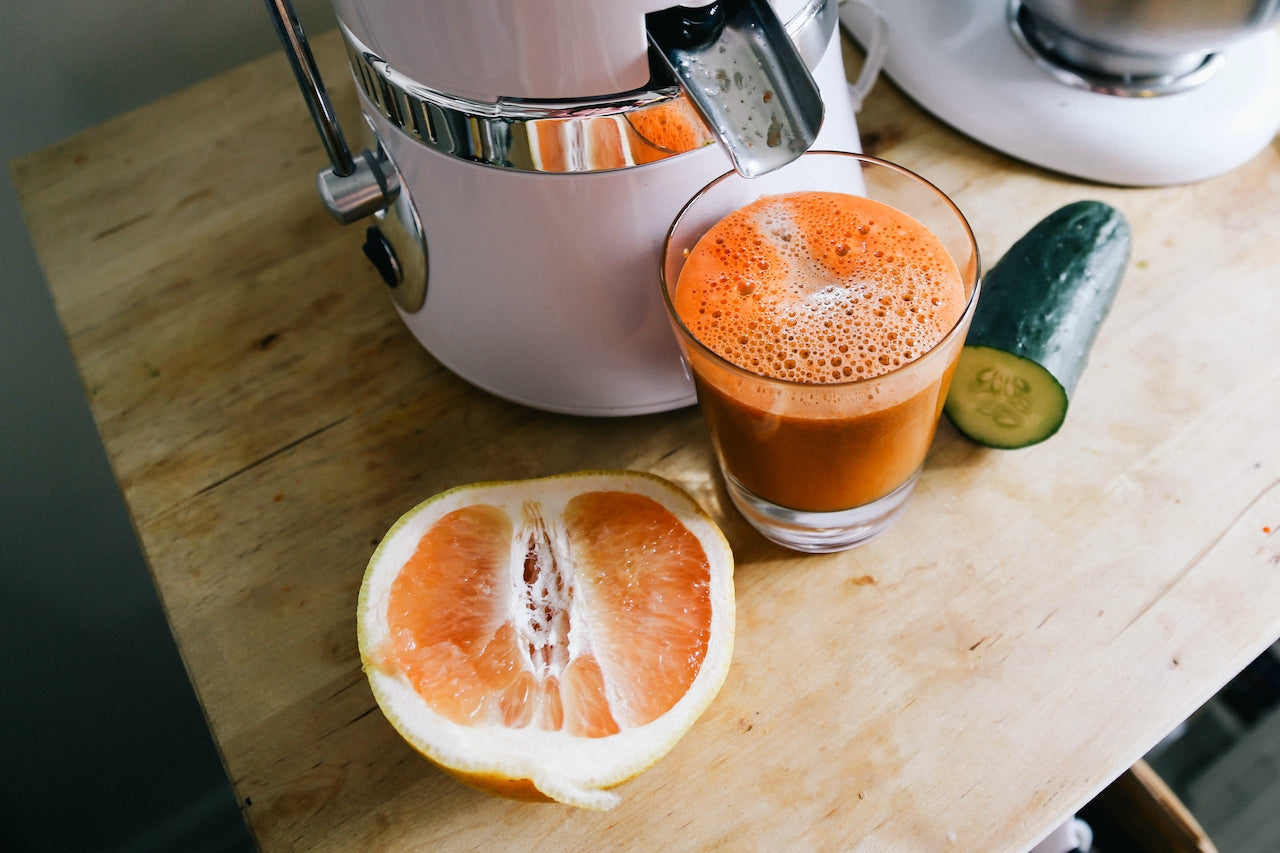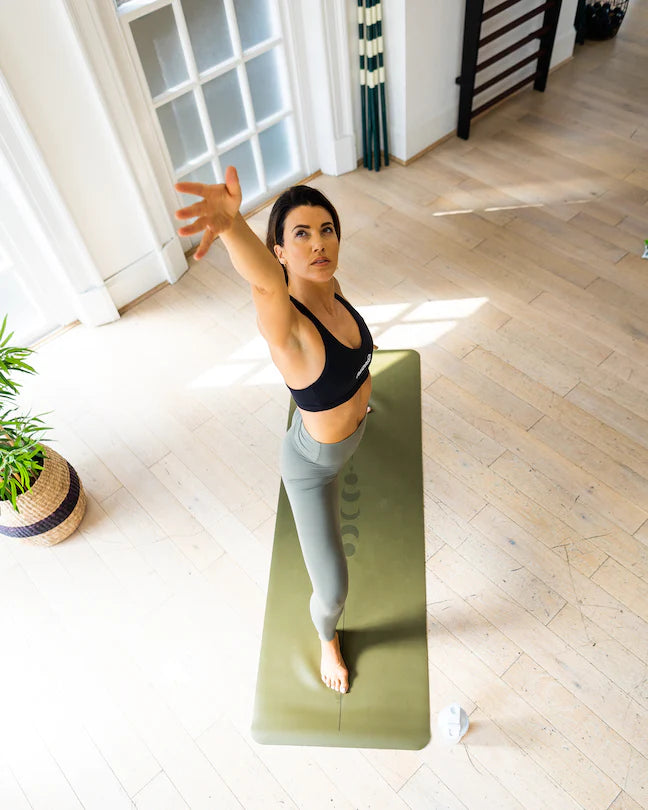Far from a trend, the vegan diet is something that more than nine million Americans have been transitioning to since 2004, according to a recent study.1 And the move is happening in other countries too, with similar shifts taking place in countries like England2 and Australia.3 The reasons are many. Whether wanting to reduce the risk of chronic illness or looking to eat in an ethically conscientious manner, a plant-based diet can be a simple, delicious, and effective way to improve your health and overall nutrition, while standing for animal rights and environmental concerns.
But where do you get started with a vegan or plant-based diet? In this Ultimate Guide to Vegan Nutrition, we’ll show you how you can transition to being a vegan easily and lay the groundwork by answering some of the more esoteric questions before getting into the nitty gritty details. For example, how to get optimum amounts of certain nutrients like protein, iron, and B12 (hint: it isn’t difficult, it just requires some awareness and regular dietary practices). Read on to discover the joys—and the virtues—of plant-based and vegan diets.
What Is a Vegan Diet?
Unlike a plant-based diet, which involves eating mostly fruits, vegetables, nuts, and grains, a vegan diet involves completely removing all animal products. This includes foods that animals produce, such as milk, eggs, and honey. And while going vegan may seem like a big first step for some, the fact is that everyone can benefit from eating a plant-based diet. The literature is clear that eating a diet filled with more fruits and vegetables can seriously reduce the risk of chronic diseases.4 Research says that a vegan diet can improve cholesterol levels, aid in weight loss, and balance blood sugar levels.5,6,7,8 Food political writers of the day would all agree that we should eat more plants, from Michael Pollan’s well-known adage, “Eat food. Not too much. Mostly plants,” to Mark Bittman’s reminder to, “Eat more plants… and eat way fewer animal products.”
If knowing plants are good for you isn’t enough of a reason to eat more of them, there’s also the ease of this diet and lifestyle. Anyone can readily eat more plants, and becoming vegan is not going to keep you from enjoying your favorite holiday foods or special treats. There isn’t really a way to mess it up—just start looking for delicious new ways to incorporate veggies, fruits, nuts, and so on into your meals. The possibilities are truly endless!
And yet, beyond nutrition, beyond all the tasty and delicious plant-based foods, there are other, equally compelling reasons that lead people to veganism. While it would take months of in-depth research to fully understand the many complexities and extraordinary cruelty of the meat, dairy, and egg industries, suffice it to say that avoiding factory-farmed foods is one of the most powerful ways we as consumers can have an impact on those industries, which routinely subject animals to inhumane conditions during the course of their (often shortened) lives. Unlike conditions prior to World War II, when most animals had access to plenty of open space, sunlight, and fresh air, the period of industrialization between the 19th and 20th centuries paved the way for industrial farming.9 Animals in factory farms live in unsanitary conditions due to tightly packed conditions, without access to fresh air. This causes not only poor health, but an overuse of antibiotics, which can contaminate not just the soil, water, and other local crops in the immediate area, but also the meat itself, leading to antibiotic-resistant bacteria,9 considered a global threat that causes more than 2 million infections each year in the U.S. alone.10
Whether dipping your toes in the water by incorporating more plants into your meals, or choosing to eat a fully vegan diet, knowing your “why” can make the process of choosing to eat a plant-based diet a more purposeful one.
Vegan Diets and Supplementation
Knowing the basics of a vegan diet means knowing the ways to meet your nutrient needs. Doing so requires a little more attention, but nothing so challenging that it can’t be met by keeping a few key points in mind.
But first, a note about balanced nutrition. Perfection is not the goal. When you look at your diet over a span of weeks or even months, what should hopefully emerge is a picture of food choices that are more healthy. The scale doesn’t need to be fully tipped in that direction, just mostly so. And a bit of self-reflection here can be helpful. Have you been eating mostly processed foods (i.e., foods not cooked at home from individual ingredients)? Have you been eating a variety of fruits and vegetables? (Worldwide, there are more than 1,000 different vegetable species available to try—not that you must try them all!) And, most importantly, are your food choices during the course of several weeks providing your body with the right amount of nutrients it needs? If that answer is no, then are you supplementing?
Supplements You Need on a Vegan Diet
While most nutrients can be obtained through a varied vegan diet, there are a few supplements that may be worth taking, as they are found in only trace amounts in plant-based foods. Typically, vegans are deficient in these four nutrients:
Vitamin B12
While veganism can provide most of your nutrients, studies have shown that without supplementation or fortified foods, vegans may be at risk of a vitamin B12 deficiency11 (vegetarians who eat eggs and dairy are typically able to get enough B12 from those foods). Foods like spirulina, nori seaweed, and tempeh contain trace amounts, but you may still want to supplement. Vegans who want to get their B12 without supplementation will definitely need to add in fortified foods, like soy products, bread, or breakfast cereals. Still, if you choose to forgo B12 in lieu of fortified foods, do so with the awareness that B12 deficiency can lead to anemia and even nerve damage,12 so have your levels checked regularly.
Vitamin D
Vegans are not the only ones who likely need vitamin D supplementation. Since it’s mostly obtained by the sun, and difficult to get adequate amounts through food alone, vitamin D deficiency ranks as one of the most common deficiencies worldwide.13 Vegan supplementation options do exist, and testing is recommended to determine your recommended intake amounts.
Iodine
Needed for the making of thyroid hormones, iodine is an important mineral that many, not just vegan, are deficient in. A deficiency can negatively affect your bones, brain function, and thyroid, so including it in your diet is important. The best sources of iodine on a vegan diet are iodized salt and seaweed, which is one of the best natural sources for iodine on the planet. The three most common types, kombu kelp, nori, and wakame all have varying amounts, from moderate to high. To avoid getting too much, which can also be hard on the thyroid, consider adding a smaller amount two to three times a week, either by adding the seaweed to broths, soups, rice, or other meals, or taking iodized salt.
Protein and a Vegan Diet
You may initially think “meat” when you think of protein, but without a doubt, vegans can get enough protein in their diets. The Mayo Clinic recommends getting 10 to 35 percent of your daily calories from protein, with intake increasing to 75-90 grams per day for a 165 lb adult over the age of 40.14 The Mayo Clinic also acknowledges that the healthiest sources of protein are plant-based, such as:
- Soy, including seitan
- Nuts
- Seeds
- Beans, including lentils and split peas
- Green peas
- Unsweetened soy milk
- Vegan protein powders, such as Clean Lean Protein by Nuzest—the best-tasting protein powder for individuals on a plant-based diet
Integrating these foods into your diet is surprisingly easy: green peas and beans can be added to stir fries, baked into casseroles, made into salads, and much more. And protein powder offers just as many options: you can make a protein-rich shake by combining unsweetened, plant-based milk with Clean Lean Protein. It can be also added to any number of healthy recipes, including savory soups or muffins, to on-the-sweeter-side yogurt, pancakes, or ice cream. And the quality soil, processing procedures, and third party testing ensures you’re getting a pea protein unique in taste, performance, and quality.
Benefits of a Vegan Diet
The benefits of a plant-based or vegan diet are many. Inflammation, one of the markers in nearly every form of illness or disease, is known to improve when eating a plant-based diet,15 as are cholesterol levels and a lowered risk of Type 2 diabetes.16 If long-term kidney function,17 heart health,18 and brain function19 are important to you, then consume a diet rich in vegetables, fruits, beans, nuts, and so forth. In fact, a plant-based diet has been shown in studies to be the best way to prevent heart disease,20 and, according to one study by the University of Oxford, vegetarians are a third less likely to develop heart disease than their meat-eating counterparts.21
Myths of a Vegan Diet
Despite its growing number of converts, scientific evidence, and evidence-based ethical and environmental benefits, veganism is still the target of various myths. Some believe it comes with side effects. B12 or vitamin D deficiencies aside, veganism's only side effects are positive ones: reduced inflammation, lower cholesterol levels, and a reduced risk for chronic disease.
Some say plant-based diets are overrated—even unhealthy. There is virtually no evidence that this is so, but there’s a plethora of evidence to suggest that the opposite is true. In fact, the verdict is in for fruit and vegetable consumption: it’s healthy, plain and simple.22
Choices Still Matter
All that said, there are some points to consider when moving to a vegan diet. As with any diet, it’s possible to eat in an unhealthy way as a vegan. A consistent diet of french fries, tofu deli meats, chips, sweets, and other processed foods, can quickly turn your efforts in an unhealthy direction. Seed oils, like canola and safflower, are considered highly inflammatory,23 and can also derail your efforts if consumed all the time.
Calories Also Matter
You may associate a vegan diet with fewer calories, but this isn’t necessarily the case. Vegan foods can still be high in calories, depending on what you’re eating. If grains, breads, or other high-carbohydrate foods compose the bulk of your calories, you’ll be eating a high-calorie diet that may also mean you’re getting less protein and other nutrients than you should. And while studies have shown that a plant-based diet can help with weight loss efforts, a calorie is still a calorie, and high carb foods generally are much higher calories than a salad or roasted veggies. Speaking of salad, if you’re consuming salads or roasted veggies all day long, while you might be helping your inflammation markers, chances are you’ll find yourself quite hungry at the end of the day. A mixture of foods, including plenty of high-quality protein, can be a way to satiate your hunger without overdoing the calories.
Vegan Diet and Health
We’ve established that there are many health benefits to following a vegan diet. There’s the evidence that those who consume a greater amount of vegetables and fruits have fewer cardiovascular events. That’s tied to research showing that those on plant-based diets had lower cholesterol24 and a decreased risk of heart failure.25 If diabetes is something you struggle with or have a family history of, there’s an equally compelling reason to lead a vegan or plant-based lifestyle, as studies suggest that doing so reduces your chances of becoming diabetic by an astounding 23%.26
These benefits are not limited to adults of a certain age range. Children, the elderly, and every age in between can benefit from a plant-based diet.
Vegan Diet and Gut Health
Not limited to cardiovascular or metabolic health, the vegan diet has some surprising gut health benefits, as well. The gut, or gut microbiome, is made up of trillions of microbes, including bacteria and fungi. It is tasked with far more than aiding digestion. From immune system health and blood sugar metabolism to heart and brain health, the gut microbiome plays a role in it all.
The best defense for a healthy gut is a good offense, a focus on eating a rich variety of foods to support the diversity and proliferation of good bacteria. Your offense should include minimizing processed foods, particularly fried and sugary foods, which can upset the balance of the microbiome and encourage the overgrowth of bad bacteria. To help give your gut what it needs to stay healthy and balanced, the following are worth including in your daily diet or supplementation regimen:
- Digestive Enzymes: Needed for breaking down foods for proper nutrient absorption, digestive enzymes are an important part of the digestion process. If you’re dealing with anything digestion-related, chances are you’ll want a good digestive enzyme in your arsenal, taken immediately before your meals to bring in key enzyme players papain, amylase, bromelain, and protease.
- Probiotics: They differ from digestive enzymes in that, instead of aiding in the digestion of food, they introduce beneficial bacteria to your gut. Antibiotics, stress, illness, autoimmune diseases, digestive disorders—all can cause a reduction in the quantity and quality of your gut’s good bacteria. That’s where taking probiotics can come into play. While there’s no shortage of options available, keep in mind to look for an option that’s either enteric coated to help the probiotics survive the trip to the small intestines where they’re needed, or a strain that is naturally capable of surviving the harsh environment of the stomach, like bacillus coagulans, found in Digestive Support Protein.
- Eat a Whole-Food, Plant-Based Diet: A varied diet rich in veggies, fruits, beans, and other whole foods is one of the best ways to keep your microbiome happy. Diversity is the name of the game, as are the inclusion of foods naturally high in probiotic content, like kimchi, sauerkraut, and other fermented foods.
Raising Vegan Children
While some controversy exists over excluding cow’s milk or animal proteins from a child’s diet, the American Academy of Pediatrics and other major health organizations agree that a plant-based diet is indeed safe for children, including toddlers.27 Raising vegan children, though, still doesn’t happen by chance. Planning and forethought about what nutrients are needed to give them a genuinely well-rounded diet is needed. And knowing that children in America are still not eating enough vegetables28 is all the more reason to focus on a plant-based diet. Some factors to consider are the following:
- Kids need more protein than adults, so make sure to include a variety of plant-based proteins in their diet, including beans, tofu, nuts, and multivitamin drinks, such as Kids Good Stuff, which has a rich nutrient profile and 8 grams of protein per serving.
- Include plenty of green, leafy greens, broccoli, bok choy, and other foods, such as tofu, to ensure they’re getting enough calcium.
- Supplementation for B12 is as important for children as it is for adults eating a vegan diet. You can see the recommendations by age from the National Institutes of Health.29
Vegan Diet for Muscle Building and Athletes
Vegan bodybuilding is done in the same way as bodybuilding on any diet: consume adequate protein and calories combined with resistance training (a healthy diet is a must as well). It’s well-established that bodybuilders, vegan or not, have an increased need for protein.30 Specific amounts are determined by a number of factors, including age, weight, activity level, and goals. The only difference for vegans is their protein source. Studies have shown that vegan protein sources, such as pea protein, are equally effective as whey at helping to build muscle.31
The Plant-Based Advantage
There’s a reason elite athletes, including ultrarunner Scott Jurek, surfer Tia Blanco, and Olympic cycling silver medalist Dotsie Bausch, have gone vegan: it can actually give them a slight edge when it comes to athletic performance. Research shows that those on a plant-based diet are leaner, lighter, and have more endurance.32 The truth is that athletes can thrive on plant-based diets, and even have an advantage.
The right food consumption is key for athletes, particularly when it comes to muscle gain. Among the best vegan foods to build and strengthen muscles are vegan protein powder, peanut butter, nutritional yeast, nuts, oats, beans, and legumes, to name a few. If you eat plant-based but still find yourself hungry all the time, make a conscientious decision to add in more protein and fiber, both of which will fill you up and give you the energy needed to get through endurance or intense workouts. Then, to maintain muscle mass, make sure you keep protein, complex carbs, and whole foods front and center in your daily diet, while also minimizing processed foods, sugars, and other non-nutritive foods. Follow those simple rules, and you’ll recover better, increase endurance, and support lean, strong musculature.
Part-Time Vegans
Being a part-time vegan means exactly what it sounds like — eating vegan about half the time, while limiting junk and processed foods in general. This equates to about five days a week of vegan eating, with the other two days reserved for non-vegan eating of foods like meat and dairy. The idea is to eat less meat and other animal products and more plant-based foods, such as vegetables, fruits, nuts, and beans. All the benefits found for plant-based diets are possible for part-time vegans, and it’s a perfect transition for those looking to include more plant-based foods in their diets. The intention is to eat healthier, which also means more home-cooked meals and fewer meals eaten out, as research has shown that cooking meals at home is associated with better overall health.33
Meal Prep Tips for Vegans
Meal planning: it’s at the heart of any long-term, successful at-home eating plan. It's the secret sauce that makes home cooked meals a real possibility in a week otherwise filled with other activities, and it takes the stress out of the process. Meal prep may initially feel daunting, but like any new habit or skill, what feels hard or challenging will, after several months of consistent practice, become more like second nature.
Tip 1: Use an App, Template, or Notebook
Find an app or template you like, or just use a notebook, and plan ahead for each day of the week. Look at your schedule, taking note of any nighttime commitments so your meal can be simpler on those evenings.
Tip 2: Plan Meals Around Specific Food Types
To keep variety, change up ingredients around specific types of food, like casseroles, stir fries, tacos, or salads. Since vegans tend to eat a wide range of vegetables, fruits, beans, and nuts in any given week, try to incorporate different kinds of foods each week. In this way, menus can also vary based on season, with the addition of foods specific to each time of year.
Tip 3: Shop Online, and Shop Ahead
By creating your meal plan ahead of time, you can buy the specific ingredients you need, as opposed to shopping the grocery store aisles and making impulse buys. Just by eating whole foods and avoiding processed foods, you’ll likely see your grocery bills drop. As part of your shopping habits, try buying online and either picking up, or having your grocery items delivered. Pickup is either free or involves a nominal fee, and doing so can help you avoid those expensive packaged goods (and impulse purchases).
Unhealthy Vegan Foods
Are you a junk food vegan? And is vegan junk food healthy? If the answer to the first question is “yes,” then you’ll be hoping the answer to the second question is also “yes.” Unfortunately, vegan junk food may be even worse for your health, with ingredients like gums, stabilizers, and thickeners. Seed oils, which can cause inflammation, are also frequently found in vegan junk foods, as are genetically modified ingredients, such as soy. Some vegan foods are shockingly unhealthy, including tofu deli meats, seitan, vegan chips, and vegan desserts.
Becoming a label-reader is probably the single best thing you can do when looking for a quick snack or other pre-packaged vegan food. Look for unfamiliar ingredients, preservatives, additives, or fillers. A worthy purchase is a product made largely from whole foods. If there’s a lack of vitamins and minerals, or the ingredient list is filled with additives or preservatives, keep looking. There are a surprising number of products that check all the boxes, so viable options definitely exist.
And what about eating out? Consider eating at a vegan restaurant that sources local, seasonal ingredients, and whose waitstaff are happy to answer any questions about their ingredients. You can also focus on foods that you know are less processed, like roasted veggies, hummus, or salads.
Best Plant-Based Protein Foods
So how do vegans get protein? The best sources of plant-based protein from whole foods are beans (including lentils and split peas), peanuts, nuts, tofu, and unsweetened soy milk, along with minimally-processed protein powders and bars. Of these, two of the higher-protein, lower-fat plant-based foods are protein powder and tofu. Beans, lentils, and split peas also fall into that category. Nuts, peanuts, and some protein bars, depending on their ingredients, can be much higher in fat.
If you’re eating vegan but feeling hungry all the time, try increasing your intake of one of the most satiating foods. Due to its high fiber content, split peas, including the European golden peas found in Clean Lean Protein by Nuzest, come in delicious flavors, like Peanut Butter & Chocolate or Coconut & Lemon. In general, add foods with more fiber, carbs, and protein to help you stop being hungry all the time as a vegan. You can also get more ideas for filling vegan foods with this free, irresistible 7-day vegan meal plan.
Vegan nutrition isn’t mysterious or complicated. Ultimately, vegan nutrition is about keeping things simple and remembering that food is much more than convenience—it’s about community, family, and particularly slowing down, along with taking time to savor moments together. By doing so, we nourish ourselves in a way that’s long-lasting and naturally designed to elevate our overall health and well-being.
References:
- https://www.ipsos-retailperformance.com/en/vegan-trends/
- https://www.economist.com/graphic-detail/2020/01/29/interest-in-veganism-is-surging
- https://animalsaustralia.org/latest-news/study-shows-surge-in-aussies-eating-veg/
- https://pubmed.ncbi.nlm.nih.gov/28338764/
- https://www.ncbi.nlm.nih.gov/pubmed/25026923
- https://www.ncbi.nlm.nih.gov/pubmed/10446033
- http://care.diabetesjournals.org/cgi/pmidlookup?view=long&pmid=16873779
- https://www.ncbi.nlm.nih.gov/pubmed/16164885
- https://sentientmedia.org/factory-farming/#:~:text=When%20Did%20Factory%20Farming%20Start,century%20to%20the%20mid%2D20th.
- https://www.cdc.gov/drugresistance/solutions-initiative/stories/ar-global-threat.html
- https://www.ncbi.nlm.nih.gov/pubmed/12816782
- https://pubmed.ncbi.nlm.nih.gov/28925645/
- https://www.ncbi.nlm.nih.gov/books/NBK441912/
- https://www.mayoclinichealthsystem.org/hometown-health/speaking-of-health/are-you-getting-too-much-protein
- https://pubmed.ncbi.nlm.nih.gov/30571591/
- https://www.ncbi.nlm.nih.gov/pmc/articles/PMC5466941/
- https://www.kidney.org/news/plant-protein-reduces-mortality-chronic-kidney-disease-patients
- https://www.sciencedirect.com/science/article/abs/pii/S0033062018300872?via%3Dihub
- https://www.frontiersin.org/articles/10.3389/fnagi.2017.00018/full
- https://pubmed.ncbi.nlm.nih.gov/30895476/
- https://www.ox.ac.uk/news/2013-01-30-vegetarianism-can-reduce-risk-heart-disease-third#:~:text=The%20risk%20of%20hospitalisation%20or,from%20the%20University%20of%20Oxford
- https://www.ncbi.nlm.nih.gov/pmc/articles/PMC3649719/
- https://pubmed.ncbi.nlm.nih.gov/18842776/
- https://pubmed.ncbi.nlm.nih.gov/28938794/
- https://newsroom.heart.org/news/plant-based-diet-associated-with-less-heart-failure-risk
- https://newsroom.heart.org/news/plant-based-diet-associated-with-less-heart-failure-risk
- https://publications.aap.org/pediatrics/article/doi/10.1542/peds.2021-052598/186964/Vegetarian-Diet-Growth-and-Nutrition-in-Early
- https://www.cdc.gov/vitalsigns/fruit-vegetables/infographic.html
- https://ods.od.nih.gov/factsheets/VitaminB12-HealthProfessional/
- https://www.ncbi.nlm.nih.gov/pmc/articles/PMC6680710/#:~:text=Advanced%20bodybuilders%20are%20advised%20to,(3%E2%80%936%20meals)
- https://www.ncbi.nlm.nih.gov/pmc/articles/PMC6358922/
- https://pha.berkeley.edu/2021/04/11/benefits-of-plant-based-diets-in-athletic-performance/#:~:text=Recent%20research%20shows%20that%20plant,leaner%20bodies%2C%20and%20improving%20stamina
- https://pubmed.ncbi.nlm.nih.gov/31918785/#:~:text=Conclusions%3A%20More%20frequent%20cooking%20at,stronger%20among%20high%2Dincome%20adults




